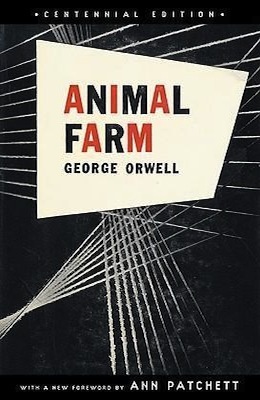Last year, I posted about my surprise discovery of the fact that India though being one of the leading nations in 21st century, still did not have “Female” fighter pilot.
Today, my happiness touches no boundary as I post my straight from heart words dedicated to the three ladies who have created the history. Flying Cadet Avani Chaturvedi, Bhawana Kanth and Mohana Singh have been formally inducted in Indian Air Force fighter squadron on Saturday - 18-June-2016.
Women pilots have been flying helicopters and transport aircraft since 1991 in the IAF - Indian Air Force, but the fighter crafts were still a dream for us. After some initial reluctance, IAF finally opened the cockpit for females on an experimental basis for five year.
They will be now posted to either the Bidar or Kalaikunda airbase and would undergo "transitional" fighter training on the Hawks. The advanced jet training (AJT) is a one year training which includes learning intensive combat manoeuvres and armament firing. It ensures that the rookie pilots can handle old fighters like MiG-21s as well as new multi-role ones like Sukhoi-30MKIs and Mirage-2000s.
I have no doubts that the experiment is going to be a major success. Three cheers for the trio.
Today, my happiness touches no boundary as I post my straight from heart words dedicated to the three ladies who have created the history. Flying Cadet Avani Chaturvedi, Bhawana Kanth and Mohana Singh have been formally inducted in Indian Air Force fighter squadron on Saturday - 18-June-2016.
Know your limits,
I was told once.
Sky doesn't have one,
I wondered.
Know your limits,
I was told once.
Sky doesn't have one,
I marveled.
Eyes focused,
Mind alert,
Wings wide open,
I take the flight.
The path is impossible,
Explicated everyone.
Sun shines because it burns itself,
I remarked.
Flying high,
Higher than cloud,
Above the mountain,
Over the ocean,
I twist and twirl,
Showing my beam.
It's not your forte,
Orated the laws.
Gravity is already conquered,
I pondered.
Grounded to earth,
Wings spreading again,
And again,
I head upward.
Enemies beware,
Fearless soul,
Goddess of courage,
Empress of the skies,
Is here.
Women pilots have been flying helicopters and transport aircraft since 1991 in the IAF - Indian Air Force, but the fighter crafts were still a dream for us. After some initial reluctance, IAF finally opened the cockpit for females on an experimental basis for five year.
They will be now posted to either the Bidar or Kalaikunda airbase and would undergo "transitional" fighter training on the Hawks. The advanced jet training (AJT) is a one year training which includes learning intensive combat manoeuvres and armament firing. It ensures that the rookie pilots can handle old fighters like MiG-21s as well as new multi-role ones like Sukhoi-30MKIs and Mirage-2000s.
I have no doubts that the experiment is going to be a major success. Three cheers for the trio.


